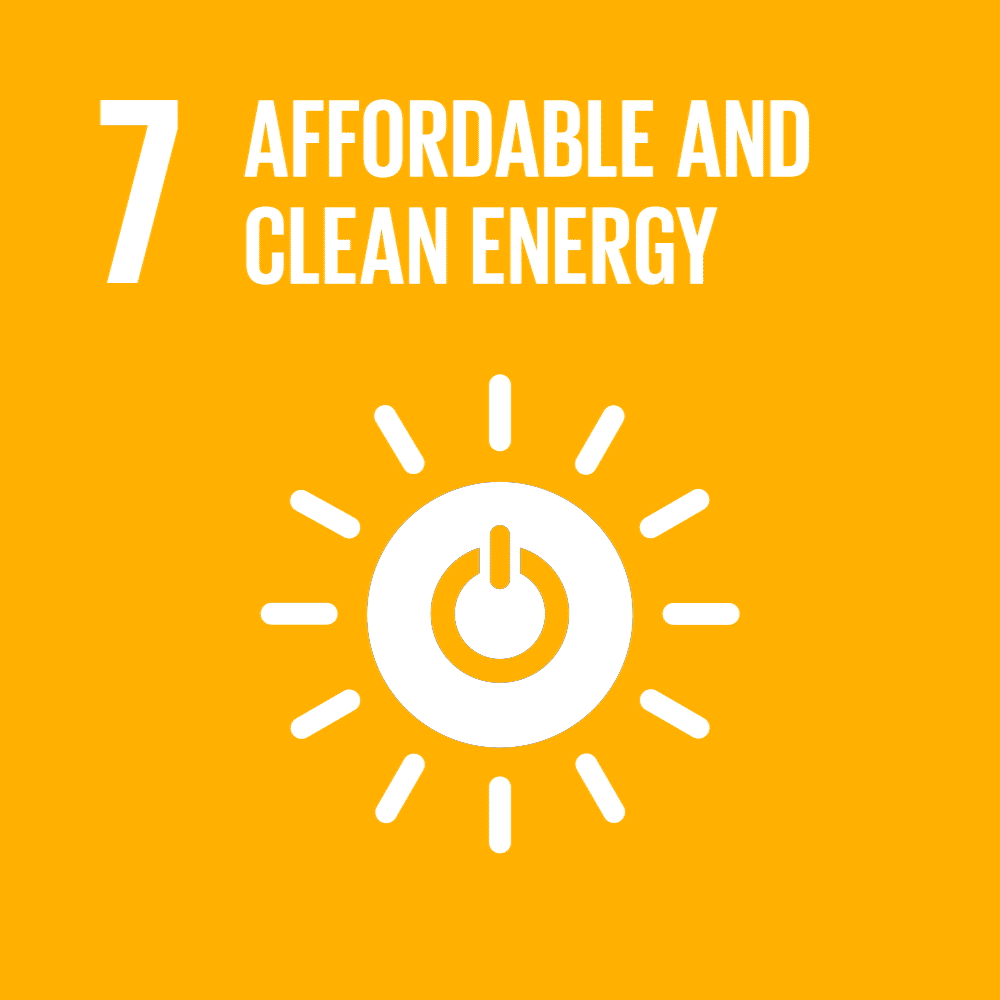Problem:
Hot spots are regions of high temperature which occur in solar cells, caused by the low quality of the photovoltaic modules, shading or dirt on the panels. In particular, its main repercussions are the loss of up to 60% of efficiency, greater degradation of the photovoltaic modules and high temperatures that can even cause fires. These details are often unclear to solar panel users, whose loss of efficiency translates into economic losses and a reduction in the useful life of their panels.
Idea:
Due to the lack of remote cheap solutions, we created SmartPanel, which consists of a mobile structure that will pass over the solar cells measuring their temperature and detecting hot spots by taking, processing and sending a live photo to the client along with an alert of the severity to their mobile phones. It will allow our customers to improve the production of their solar panels, increasing their useful life, thus optimizing preventive maintenance through the early detection of hotspots.
Main Beneficiaries:
Our main beneficiaries are owners of Netbilling solar photovoltaic projects (ranging from 1 to 300 kW), that is, from private users who have panels in their homes to medium-sized establishments, such as parking lots and supermarkets, that use solar panels to sustain their energy consumption. In particular, in Chile almost 6,000 Netbilling photovoltaic projects were registered during 2020 according to the Superintendency of Electricity and Fuels, which tripled compared to the previous year. But this is not restricted only to our country, but solar generation is an area with great potential throughout the world, including countries with significant environmental impact such as Italy, Japan, the United States and Australia.
Stage:
Execution and validation
SDG:
GOAL 7: Affordable and Clean Energy
GOAL 13: Climate Action


University:
Pontificia Universidad Católica (Chile) '21
